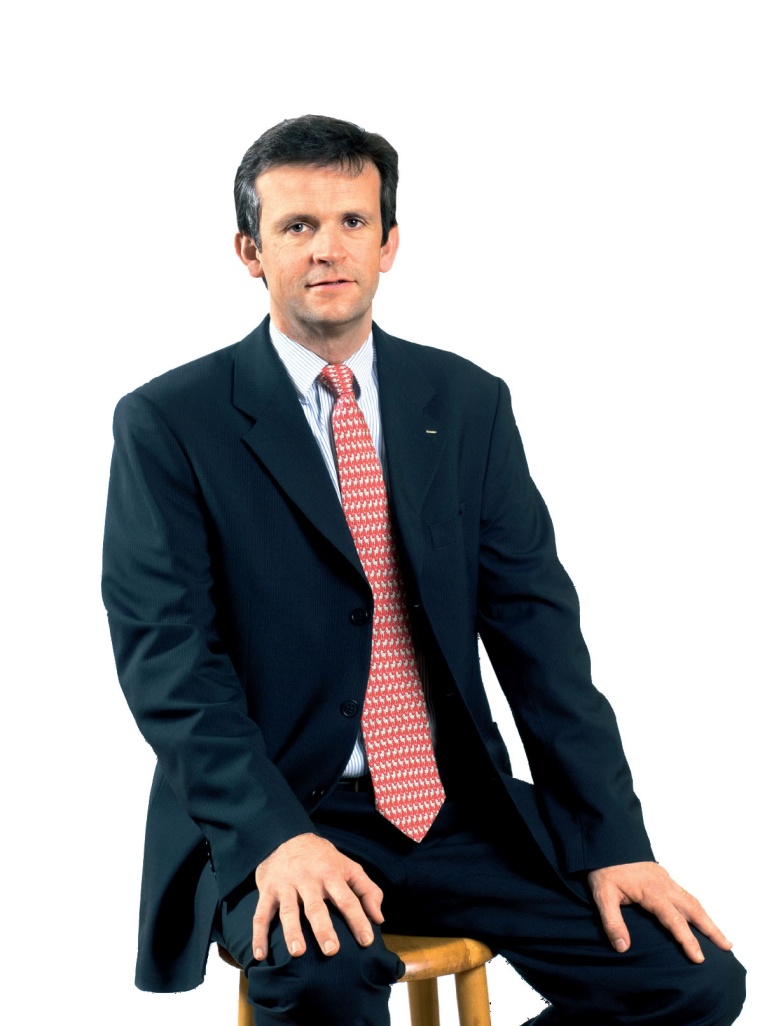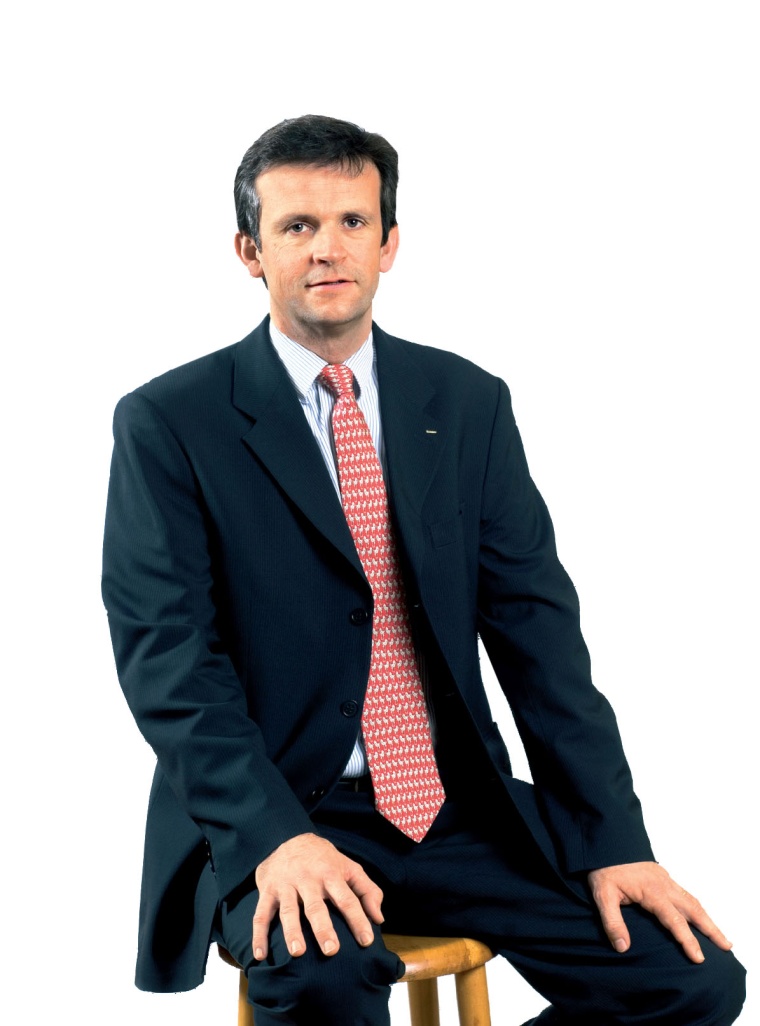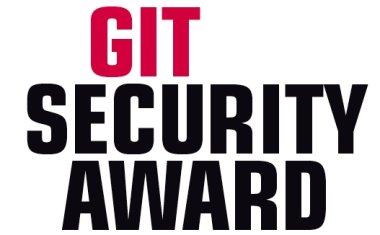Gunnebo: electronic security plays an important role
Gunnebo: electronic security plays an important role. Gunnebo, a world-leading supplier of integrated security systems and services, has sponsored the first European electronic sec...


Gunnebo: electronic security plays an important role. Gunnebo, a world-leading supplier of integrated security systems and services, has sponsored the first European electronic security barometer conducted by the consulting company Concomitance. The aim was to obtain a clearer picture of the electronic security market across Europe. The survey uses responses from decisionmakers like security managers and site managers at 167 major European businesses to offer a unique, detailed view of the market. This European study provides insight into what is expected from suppliers, priorities, satisfaction and the criteria used to select solutions.
Breakdown of the Electronic Security Market
Estimated at nearly € 12.7 billion in 2006, the electronic security market is currently experiencing significant growth, a trend that is expected to continue in the coming years.
- Three key business segments, as defined by Gunnebo, were studied:
- Industry/services (airports, utilities, military zones, administrations, office complexes, etc.),
- retail (stores, supermarkets, filling stations, etc.),
- banking (head offices and branch networks).
- France had the third largest electronic security market in Europe in 2006 (roughly € 1.78 billion) after Great Britain (€ 2.72 billion) and Germany (€ 2.21 billion).
Electronic Security as a Top Priority
The first lesson learned from the survey is good news: electronic security is a priority for two thirds of the companies surveyed. In fact, 64 % of companies consider electronic security a high priority and 29 % feel that it is of average importance. Another interesting aspect is that the companies asked are generally satisfied with their suppliers.
Company satisfaction is generally good: decision-makers are most satisfied with the reliability of solutions (7.9/10). It is not surprising that the price criterion for the solution had the lowest satisfaction rating (7.1/10) since price is usually a sensitive issue for businesses.
After-sales service also scored poorly among decision-makers (7.2/10), despite the fact that it is the second most important criterion when selecting a supplier (only 41 % of companies gave a score above 8).
Security Is a Major Concern for the Banking Sector
Each sector places different importance on its electronic security solutions. It stands to reason, for example, that the banking sector is very mindful of security (funds transfers, protection, etc.). In this sector, electronic security is a very high priority for 82 % of decision-makers, twice that of the retail sector, where only 40 % of decision- makers consider it a major priority (with the other 60 % giving it average importance).
Selection Criteria of European Decision-makers
According to the study, reliability and after-sales service outrank the supplier’s reputation and customer references. The study confirms the importance of personal relationships between sales representatives and the purchaser. The three key criteria for improvement chosen by the banking, industry/services and retail sectors are the reliability of solutions, after-sales service and sales personnel.
For the majority of those surveyed, the reliability of the solution and after-sales service seem to be the most important criteria when selecting an electronic security supplier. 88 % of the companies surveyed indicated the reliability of the solution as their top priority when selecting suppliers. Expectations in terms of after-sales service are also very important, earning a score of 8.7/10. These two criteria confirm the fact that companies want dependable, problem-free electronic security solutions.
The quality of sales personnel is also an important criterion (8.3/10), while the company’s image and reputation do not appear to be key factors for decision-makers (only 6.4/10). More than one in two French companies are sceptical about suppliers’ ability to manage problems related to new technologies. Generally speaking, Europeans are relatively confident that suppliers of electronic security solutions are capable of managing problems related to new technologies.
Finland (86 %), Germany (85 %), Italy (88 %), Portugal (76 %), Spain (93 %) and Sweden (an impressive 100 %) have very little doubt. This is not the case, however, for two countries which are more sceptical in this regard: Belgium (59 %) and France (49 %), which has the lowest confidence level in Europe.
A Demand for Open Solutions
The market wants standard, open solutions that can be adapted to and interfaced with existing systems. Adaptability of solutions is another important criterion (8.3/10). Historically, solutions have tended to be closed and incompatible with other systems. The companies surveyed expect their suppliers to offer “open”, adaptable solutions that can be interfaced with other systems (8.3/10).
Electronic Security Failure Is Not an Option
Electronic security failure has a far-reaching impact: 79 % of those surveyed indicated that a failure in their electronic security system would have serious implications for their business. In this respect, the retail sector seems to have the least urgency in terms of response time (only 10 % require service within four hours), whereas the banking sector (39 %) and industrial/service sites (45 %) require service within this timeframe.
High Equipment Levels among European Firms
The electronic-security solutions most often mentioned by respondents were intruder alarms, access control and CCTV systems; 87 % or more of the firms questioned put them in this category. As perceptions vary from country to country, solutions may be divided into three categories:
- Monitoring and remote surveillance services: The perception level for this category is fairly similar in the various countries.
- CCTV systems and intruder alarms: Again, perception levels were fairly consistent from country to country.
- Access control: Perceptions differed widely here from one country to another; some of those surveyed thought that this solution was really an administrative- services matter.
More than 90 % of firms surveyed have installed intruder alarms, and over 80 % have also deployed access control systems at their sites. Every bank surveyed has installed intruder alarms, which are essential in this sector; they were also well equipped in terms of CCTV and access control solutions. Of all the countries surveyed, French firms were generally better equipped in terms of access control systems.
Increased Budgets for Electronic Security
A total of 44 % of the European firms surveyed stated that their electronic-security budgets were higher for 2007 and 2008, while 38 % indicated that they would remain the same. Only 8 % said that their budgets would be lower. The retail and industry/services sectors were most likely to have increased their budgets during this period.
Over the past 12 months, European firms invested significantly in their electronic security solutions. Some 70 % of firms surveyed invested in CCTV systems, and 65 % purchased access control solutions. In terms of these two solution types, investments were nearly equal for single-site and multi-site firms.
Nevertheless, given the nature of multi-site companies, these firms spent more on intruder alarm systems. As for the industry/ services sector, its investments in CCTV and access control increased over the past 12 months. In 2007, most expenses were related to updating and strengthening existing solutions, and this trend should continue in 2008. More than half the firms questioned intended to modernize their existing CCTV systems, while one in three planned to deploy CCTV at additional sites.
France: Proactive in Terms of Purchase Planning
Nearly half of the European firms surveyed plan their electronic security purchases less than a year in advance, regardless of sector. It thus appears that investments are more reactive than proactive and that there is no official deployment plan. Planning for security solution purchases varies from country to country. In France, firms tend to carry out purchases in a more proactive manner and to plan them at least a year in advance.
Electronic Security and Security Guards: Two Complementary Budget Items
Four out of five firms plan to continue investing in electronic security and security guards over the next two years. Nearly 45 % of firms will increase their expenses in electronic security, while more than 35 % will increase their security guard expenses. Among the firms surveyed, budget items for electronic security and security guards seem complementary, and neither is seen as a substitute for the other; rather, they appear to complement each other and bolster the degree of security.
A Significant Investment with Real Benefits
More than 60 % of the firms questioned saw their electronic security outlays as profitable investments. They consider financial investments in CCTV, access control, intruder alarms and monitoring, and remote surveillance systems a means of protecting their companies from potential outside threats. They thus benefit from a reduced number of incidents and associated costs.
The complete version of Gunnebo’s first European Electronic Security Barometer is available in English, French and Spanish on request from the Clipping-traitdunion press agency:
Laurent Nyary Tel.: +33 1 44 59 69 05
laurent@clipping-tu.com
Florine Lainé
Tel.: +33 1 44 59 69 04
florine@clipping-tu.com
Jean-Marie Betermier, General Manager of Gunnebo’s Electronic Security Competence Centre, values the results of the European Electronic Security Barometer, and views the material from the survey as sufficiently extensive to be regarded as highly relevant and useful.
What is the main conclusion from the study for your company?
J-M Betermier: "We know that electronic security is one of the fastest growing parts of our Gunnebo offering, and that we have excellent opportunities for doing business. For example, we are one of the leading companies when it comes to IP solutions. Several evolutions of our products being launched will enable Gunnebo to increase the customer value of our solutions.”
Were you surprised by the results?
J-M Betermier: "Yes and no. They globally fit with our general perception of the market. The results are very homogeneous and show how important it is to keep track of hopes and expectations on the regional markets. The Electronic Security Barometer gives us a clear picture of what the European market is really like. This helps us to develop a winning strategy, ensuring we focus on real customer expectations.”
In which areas will the market grow the most?
J-M Betermier: "CCTV systems are the solutions developing most on the market. New technology is opening up tremendous opportunities for renewing existing systems. We can already improve added value for customers through new systems and services that are now integrated with the customer IT system."
Contact:
Amel Loukal
Gunnebo Competence Centre Electronic Security,
Vélizy-Villaconblay, France
Tel.: +33 1 34 65 41 20
Fax: +33 1 34 65 41 39
amel.loukal@gunnebo.com
www.gunnebo.com
most read


Airbus Defence and Space: Security as a strategic pillar of Europe's defense capability
Airbus Defence and Space protects sites, technologies and employees with modern security and cyber solutions - strengthening Europe's resilience in uncertain times

Safety and Security in an Emergency: How companies take responsibility with strategic personal protection and amok prevention
Personal protection & amok prevention: strategic concepts, training & responsibility for corporate safety and security

When the Internet stumbles: Why DNS is important
When DNS fails, the internet stumbles-AWS outage proves resilience and redundancy are vital for digital trust

Integrated and Futureproof: Traka’s Next Chapter
Interview with Stefni Oliver on Traka’s Vision for the Future








